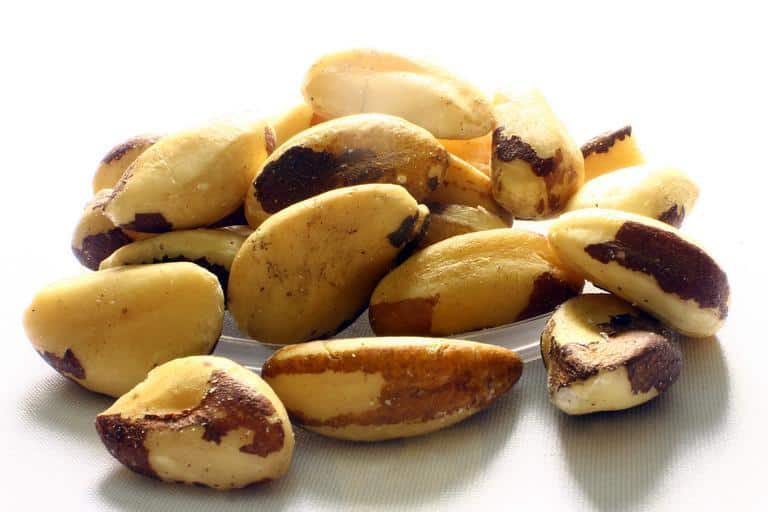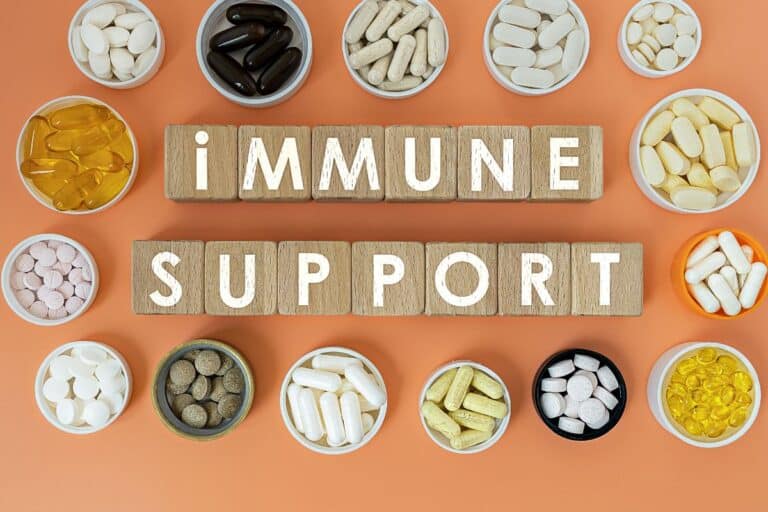5 Natural Ways To Boost Immunity For People With Diabetes
Diseases and chronic conditions, such as diabetes, are on the rise. While these diseases are incurable, they are manageable, and one can live a healthy life with proper management practices. One of the best ways to manage these conditions is by maintaining a healthy immune system. But how do you achieve such a task? For many people, immunity is associated with medications and supplements. This should not necessarily be the case. There are natural ways to boost immunity. Taking the right type of food is one of the surest ways of boosting immunity.
Type 1 and Type 2 Diabetes
Type 1 diabetes is an autoimmune disorder in which the body’s immune cells attack pancreatic beta cells. This destroys the cells, and the pancreas is not able to produce insulin. In type 2 diabetes, the body develops a resistance to insulin in addition to inadequate insulin production.
This compromises the functioning of white blood cells and, therefore, the immune system. If you have diabetes or a friend or family member is diabetic, and you would like to advise them on how to improve their immunity, below are some useful tips!
5 Ways to Boost Immunity for Diabetics
1. Eat Healthy Food
The right diet is important for a diabetic individual. A person with diabetes must pay attention to the carbohydrate content of the food they take. The focus should be adding nutrient-rich, low-carbohydrate foods, and watching portion sizes and fats.
A healthy individual can eat an excess of almost any type of food, and the body will process and get rid of the excess. This is not the case of a diabetic individual. A diabetic person should emphasize getting adequate fiber as this helps with maintaining blood sugar. Mushrooms, for example, contain valuable minerals such as selenium and copper, fiber, and vitamin B. It is also rich in antioxidants, which can help fight cancerous cells, viruses, and bacteria.
Vitamin C is useful in breaking virus chains and is found in many common vegetables and fruits like lemon, broccoli, and tomatoes. Whole grains are also good as well as foods rich in minerals and vitamins. These include vitamins C and E, omega 3 fatty acids, Selenium, Curcumin, Zinc, Garlic and vitamin D.
Canna foods in the form of non-psychoactive CBD oil, edible, or weed gummies are also a great source of minerals and vitamins as they are infused with CBD. Cannabis contains minerals, vitamins, antioxidants, and anti-inflammatory properties that can help boost immunity. However, it’s best to consult a doctor before incorporating an alternate therapy into your health regime.
2. Exercise Regularly
Exercise is good for everyone, particularly in the modern world, where a sedentary lifestyle is normal. A sufficient amount of daily physical activity should be at least 30 minutes.
There is strong scientific evidence that exercise boosts white blood cells’ production and causes changes in antibodies. Exercise also has an anti-inflammatory influence.
When you exercise, the increase in body temperature and blood circulation helps white blood cells and antibodies circulate rapidly. This way, they can detect pathogens faster and clear them before they become infectious.
3. Manage Stress
It is known that stress compromises the immune system. Stress releases a hormone called a corticosteroid, which inhibits lymphocytes’ production, therefore suppressing the immune system.
Stress also affects other body systems, such as the digestive system, which makes managing stress even more important. When the digestive system is compromised, your body will not process essential nutrients needed to boost immunity effectively.
Stress also increases the levels of blood cholesterol. When the body is under stress, it releases adrenaline and noradrenaline, which releases free fatty acids. This causes cholesterol particles to clump, causing clots in arterial walls and blood, which may block arteries.
4. Get Adequate Sleep
Sleep is the body’s natural way of recharging. Lack of sleep leads to an increase in the levels of cortisol, a stress hormone. So basically, deficit sleep leads to physiological stress. Insufficient sleep also disrupts cytokine production. Cytokines are immune cells that trigger inflammation, thereby triggering an immune response to infection or injury.
Hydration plays a vital role in improving your immune system. Your immune system needs water to perform different functions, including cell production and fighting infection. Water also helps the body wash away toxins that may compromise the immune system.
Water is responsible for transporting the nutrients and oxygen the body needs to build strong immunity. The immune system’s detoxification pathways also depend on water, particularly for lymphatic drainage.
Bottom Line
If you have diabetes, incorporating these simple tips into your routine can help improve your immunity. However, it is advisable to consult your doctor before adjusting your diet or lifestyle.







